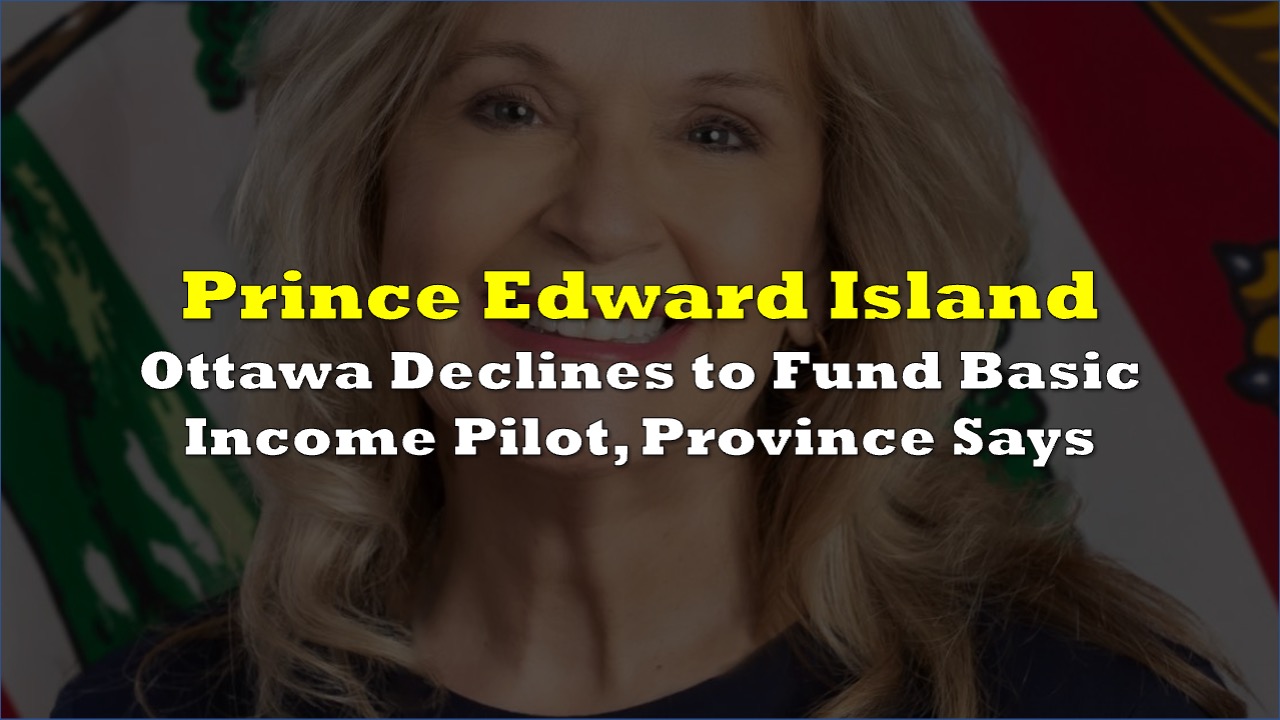The federal government has declined to fund Prince Edward Island’s proposed guaranteed basic income pilot project, the province’s social development minister said this week, dealing a setback to a more than decade-long advocacy effort.
Social Development Minister Barb Ramsay told the provincial legislature during question period Tuesday that Ottawa does not currently want to partner on the initiative, which would provide monthly government payments to help low-income Islanders afford basic necessities.
The announcement comes more than a year after researchers released a comprehensive proposal showing the program could dramatically reduce poverty in the province. Politicians, public servants, and advocates authored the November 2023 report, which projected that a five- to seven-year demonstration program could cut poverty rates among working-age Islanders from approximately 10% to nearly 2%.
Under the proposed model, single adults would receive maximum annual benefits of $19,252, while families of two adults would receive $27,227. The program would reduce benefits by 50 cents for every dollar of net income earned. Researchers estimate the program would cost $189 million annually in its first year and require federal cost-sharing to be viable.
The province has operated a smaller targeted program since 2021 that serves approximately 600 clients of social assistance and disability supports at an annual cost of $2.3 million. That initiative falls short of the universal program advocates have sought.
Despite Ottawa’s rejection, advocacy groups vowed to continue pressing for the project. Marie Burge of the PEI Working Group for a Livable Income said, “We have to go at this until we have a yes.”
Liberal MP Sean Casey plans to present a national petition supporting basic income to Parliament in January, according to advocates.
Prince Edward Island’s legislature unanimously supported pursuing a basic income pilot with federal partnership more than a decade ago. Premier Dennis King has previously expressed support for the concept, noting, however, that the province cannot proceed without Ottawa’s backing.
Researchers identified the province as a strong candidate for testing the approach due to its manageable population, diverse economic sectors, and robust community networks.
Information for this story was found via the sources and companies mentioned. The author has no securities or affiliations related to the organizations discussed. Not a recommendation to buy or sell. Always do additional research and consult a professional before purchasing a security. The author holds no licenses.







